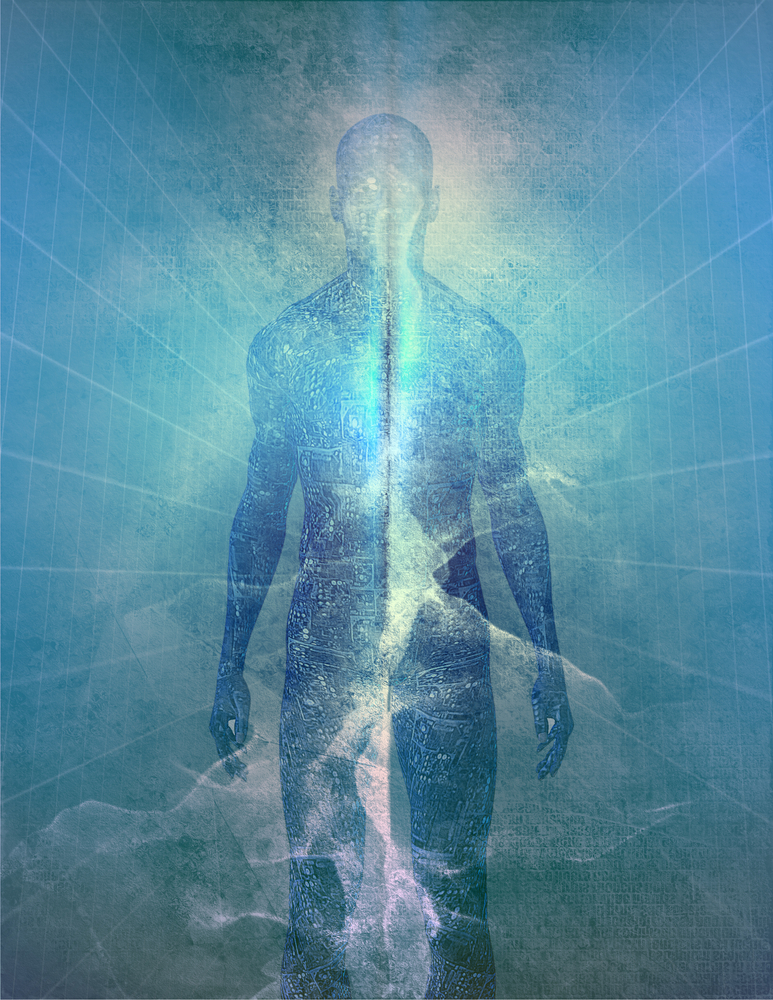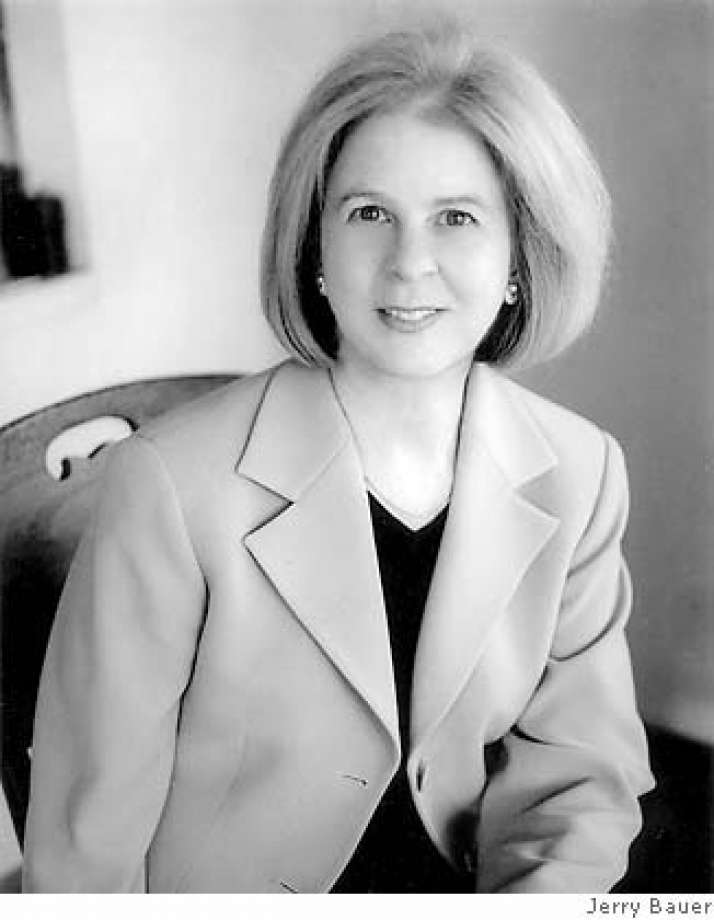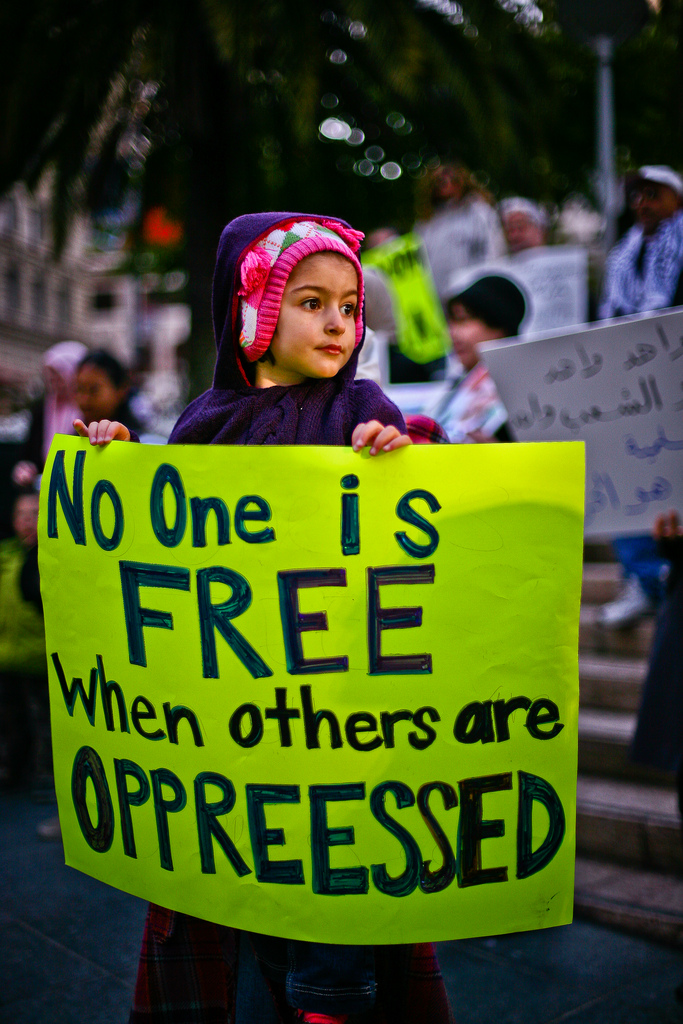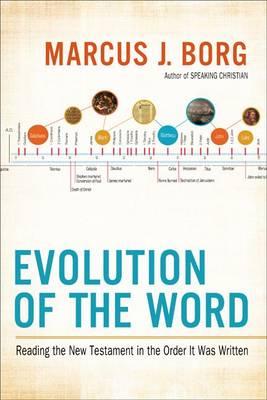Like Jesus, Paul was a radical egalitarian. He was also, it turns out, a first century feminist. In all the churches he helped found and nurture, he insisted on gender equality.
For Paul, baptism is the pre-condition for equality. Simply put, when we are baptized into Christ, there is no inequality. This is true for all relationships, both inside and outside the assembly. For Paul, this was a non-negotiable affirmation that he expected his churches to adhere to.
Paul learned from his encounter what it means to be a human being. He was shocked and deeply disturbed when he came to understand the limitations and weaknesses of his human nature. His sense of moral superiority was expunged from his consciousness.
In Romans 7:15, the Apostle Paul wrote, "For that which I do, I allow not: for what I would, that I do not; but what I hate, that do I." Many people have pondered over these verses, but everyone who has tried to break a bad habit knows exactly what he's talking about. There seems to be a part of us that knows what we should do, but that part just gets swept away when making decisions in our everyday lives. Why do these contradictions exist within ourselves? The psychology of Carl G. Jung provides some answers.
I feel like we are being strangled, the life choked from us – disbelief, sorrow, fear, rage. Violence in the streets, jails, and cages at our border, targeting black and brown men, women, and children; a virus stalking us all, turning familiar comforts into threats.
Some people are highly devotional because it is scary having one's paradigm shattered. This is to be exposed to the chaos of one’s own mind (the devil!). It is much easier to cling to the established artifacts of one’s own thinking then to fall into the pit of chaos. Most people would rather die than admit that the belief system/paradigm that they have carried most or all their life is wrong in spite of proof of error time and time again.
When Paul dictated a paean to love in his message to Corinth, he was not thinking of wedding ceremonies; rather, he was imploring the community to overcome internal conflict.
When John accuses "evildoers" of leading gullible people into sin, what troubles him is what troubled the Essenes: whether—or how much—to accommodate pagan culture.
Progressive thinkers cannot avail ourselves of the false security fundamentalist believers bring to church Sundays and to the Bible daily. We can, however, compensate for our dismissal of literalism with an answerably intense commitment to metaphor. And metaphor proves especially powerful in narratives. Narrative masters like Dickens can move our hearts as they bring our fellow creatures vividly and credibly alive. But they can do more: they can provoke our intellects and excite our imaginations. We love a story, instinctively, but we go a step farther and subject the tale to closer scrutiny and more probing critical analysis. (That, incidentally, is why I find Luke’s story of the road to Emmaus one of the most affecting New Testament narratives. It’s an account of a real-life journey, peopled with thoughtful and feeling human beings, who move from grief to joyful insight.)
We know what to do. The Universal Declaration of Human Rights begins: “Whereas the peoples of the United Nations have in the Charter reaffirmed their faith in fundamental human rights, in the dignity and worth of the human person and in the equal rights of men and women and have determined to promote social progress and better standards of life in larger freedom.” Unitarian Universalists claim the “inherent worth and dignity of all humanity.” Christians claim the Apostle Paul’s ecstatic revelation that “You are no longer Jew or Greek, no longer slave or freeborn, no longer ‘male and female.’ Instead you all have the same status in the service of God’s anointed Jesus.” Leviticus 19:18 says, “Love your neighbor as yourself.” Jesus said, “Love your enemies.”
We all belong. We are each one a part of the Temple of God. Paul wants the church at Corinth to recognize that they all belong to one another, and that it is foolish to divide and polarize around certain leaders. Paul argues that there is no place in the church for petty jealousies and pride.
The New Testament in the Order the Books Were Written
the full-text of the New Testament—and one of the only Bibles organized in chronological order and including explanatory annotations that give readers a more informed understanding of the Scripture
Genesis 4:1-16; Romans 2:1-24, 12:14-21; Mark 3:31-35. U.S. Secretary of State John Kerry has clearly stated that so far as the U.S. government is concerned, crimes against humanity were committed by the president of Syria and his agents....Is there a war?



















